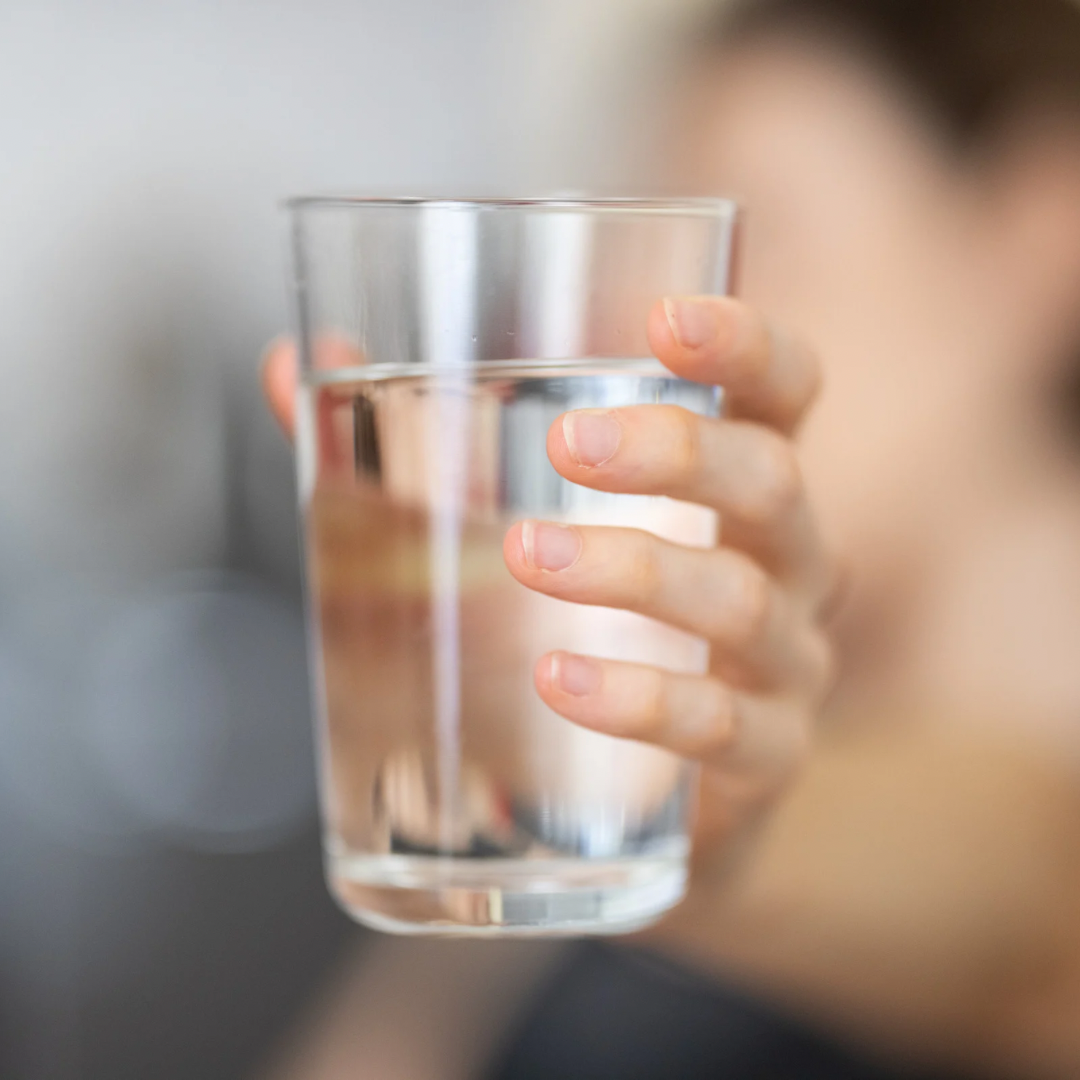A Conversation on Health
Sunday was National Hydration Day, a timely reminder of how essential water is for life. Every system in our body depends on adequate hydration to function correctly, making it indispensable for our survival. But hydration isn’t just about keeping our bodies running; it’s about replenishing what we lose every day through sweating, urination, and even breathing. Staying hydrated is especially crucial for women, yet many of us find it challenging to drink enough water daily.
How Much Water Do You Need?
The daily water intake requirement is at least 1.5 to 2 litres per day. This amount increases if you are exercising, sweating more than usual, living in a hotter climate, or breastfeeding. Meeting this requirement is essential for overall health and well-being.
To help track your intake, use the same bottle so you can estimate how many litres you are drinking. A helpful tip is to sip water throughout the day to reach your target. This way, you won't even notice you're drinking that much water. Additionally, don't count extra drinks throughout the day, as people often overestimate their water intake because of them.
Hydration and Menstrual Health.
Staying hydrated is crucial for managing period pain and keeping your energy levels up. Proper hydration supports all bodily functions, including a healthy menstrual cycle, by reducing painful cramps and enhancing overall well-being. Ensuring you drink enough water is key to managing various period-related issues and irregularities. Here's a tip: kickstart your day with a glass of water, it's the first thing your body needs!
Hydration and Menopause.
Menopause is a significant phase in a woman's life, bringing both physical and mental changes. Each woman experiences menopause differently; for some, it comes with severe and bothersome symptoms that can drastically affect the quality of life. However, good nutrition and hydration can play a critical role in alleviating some of these symptoms and reducing menopause-related health risks like cardiovascular disease (CVD) and osteoporosis.
During menopause, fluctuating hormone levels can trigger headaches, especially when coupled with inadequate water intake. The brain relies heavily on water to function optimally, and even slight dehydration can worsen symptoms like brain fog and irritability. Moreover, common menopausal symptoms like hot flushes and night sweats can further deplete hydration levels, underscoring the importance of increasing fluid intake to stay adequately hydrated. Also don’t forget that a good level of hydration will help combat vaginal dryness.
Nutritional strategies are also essential in our lives and must be tailored to our age, environment, and individual physical needs. Let's explore key recommendations for different phases in a woman's life to ensure optimal health and well-being at every stage.
Nutritional Strategies for Menopause
Soy Isoflavones: research on soy isoflavones is mixed, but regular consumption of soy-based foods such as soy milk, tofu, tempeh, and edamame beans has been found to reduce the severity and frequency of hot flushes.
Calcium and Vitamin D: as we age, we start to lose calcium from our bones. During menopause, lower oestrogen levels accelerate this loss. Post-menopausal women should aim to consume 2-3 servings of calcium-rich foods daily, such as dairy products, tofu, tempeh, fortified milks, and green leafy vegetables. Additionally, a vitamin D supplement is advisable for bone health.
Balanced Diet: a healthy, balanced diet rich in vegetables, fruit, fibre, healthy fats (nuts, seeds, fatty fish, cold-pressed oils, avocado), good quality protein, and complex carbohydrates is essential. Limiting alcohol and caffeine intake is also recommended.
Nutritional Needs During Menstrual Cycles.
Period pain is a common issue, and certain nutrients can help alleviate it. Ensuring adequate intake of the following nutrients is crucial:
Vitamin D: Adults should supplement 10mcg of vitamin D during the months without sufficient sunlight (usually September to March).
Omega-3:Consider an omega-3 supplement, especially if you're vegan or vegetarian.
Magnesium: A magnesium salt bath can encourage relaxation and relieve menstrual and stomach cramps due to its muscle-relaxing properties.
Calcium and Iron: calcium is essential for overall health, and iron is particularly important during menstruation due to blood loss, which can lead to fatigue.
Hydration and nutrition play a pivotal role in women's health, particularly during menopause and menstrual cycles. By staying hydrated and consuming a balanced diet rich in essential nutrients, women can manage symptoms more effectively and maintain a higher quality of life. Remember, taking care of your body through proper hydration and nutrition is an investment in your long-term health and well-being.
As I conclude, know that you are not alone on this path to better health and wellness. Your journey is unique but together we form a community of strength and support.
Let’s thrive together,
Cristina x





